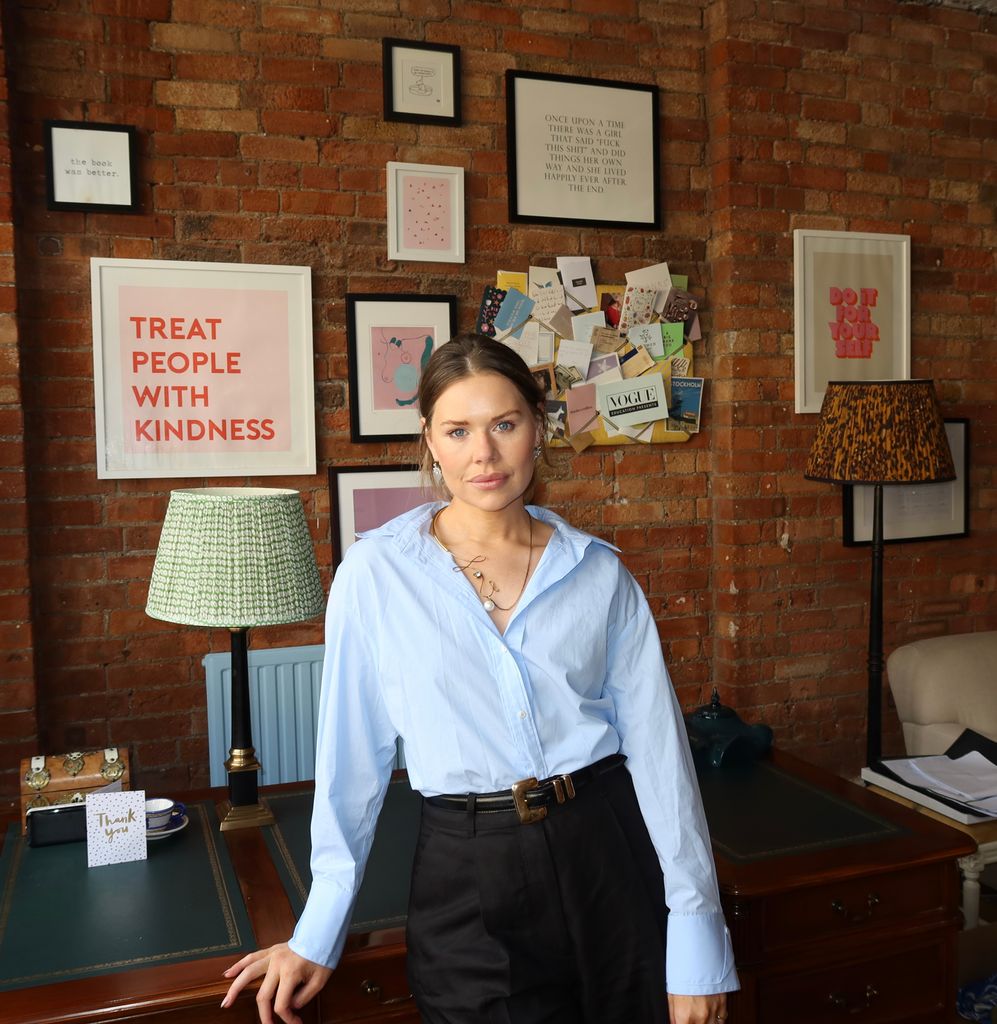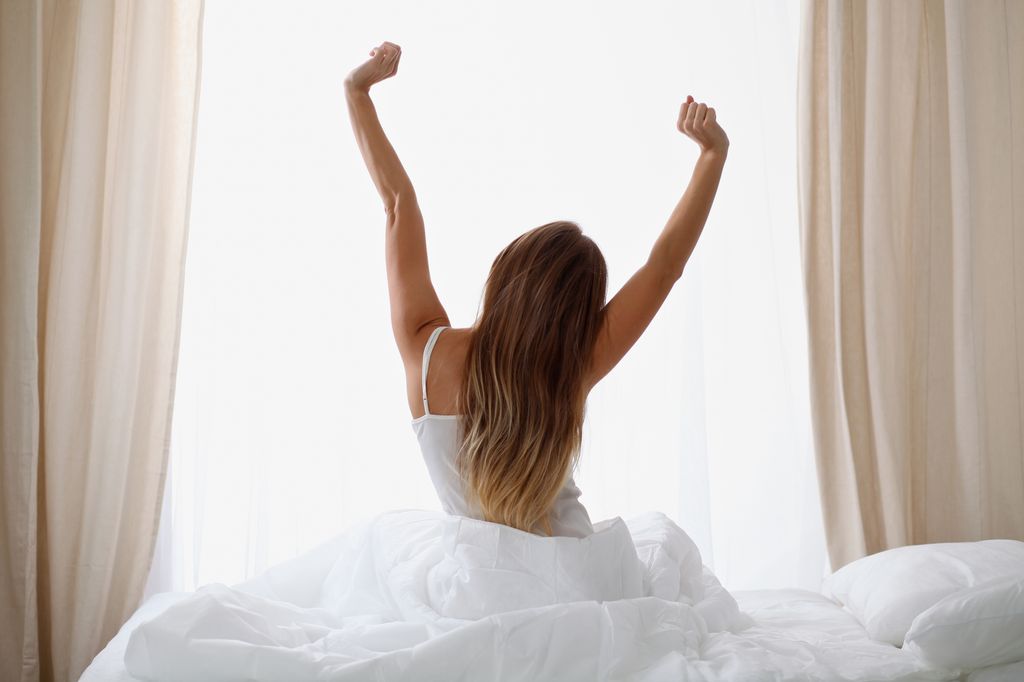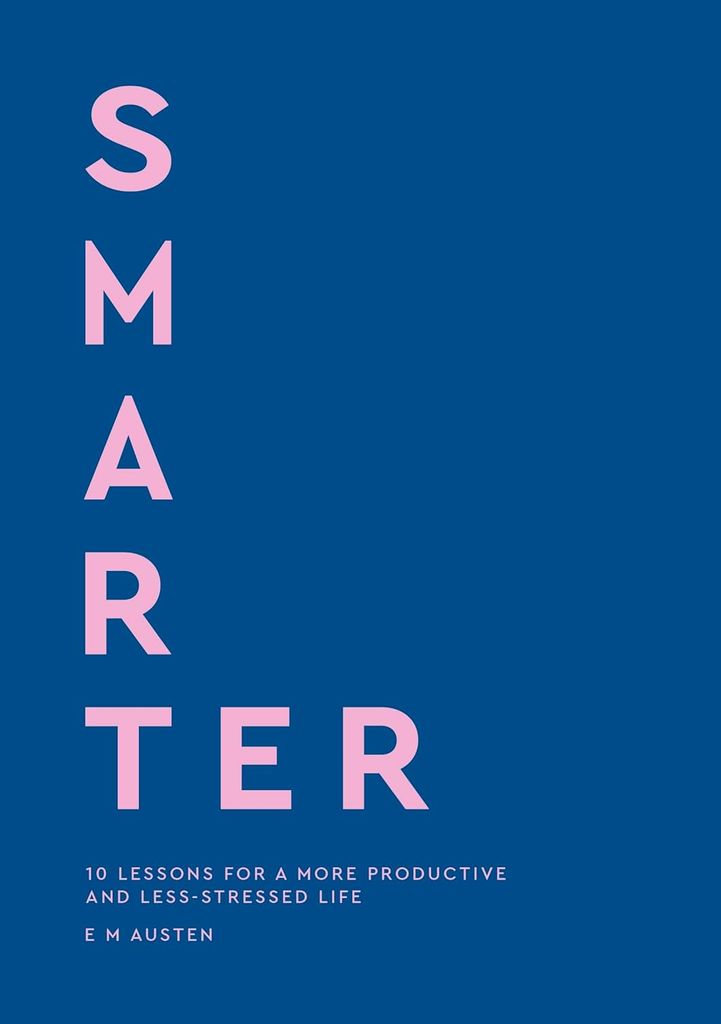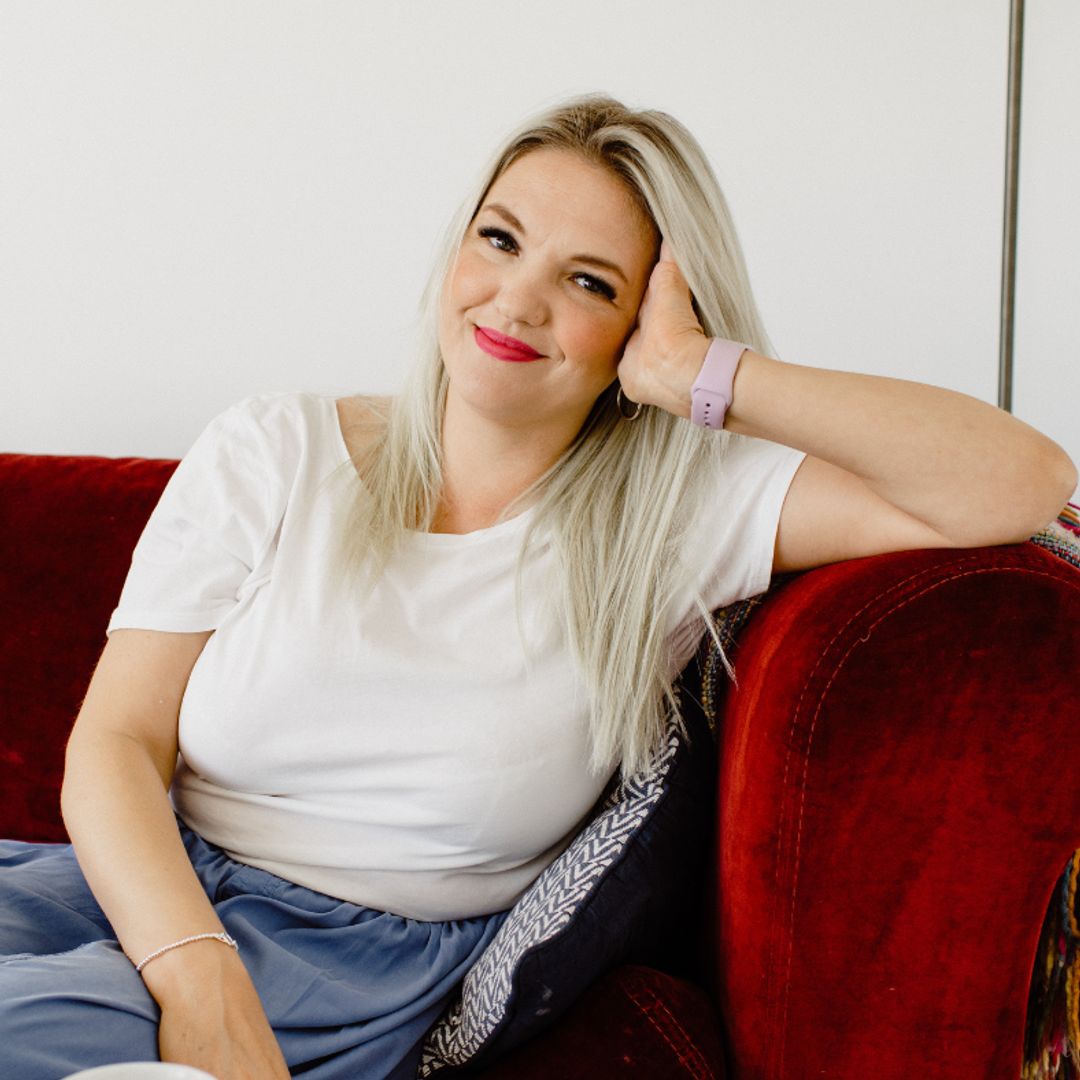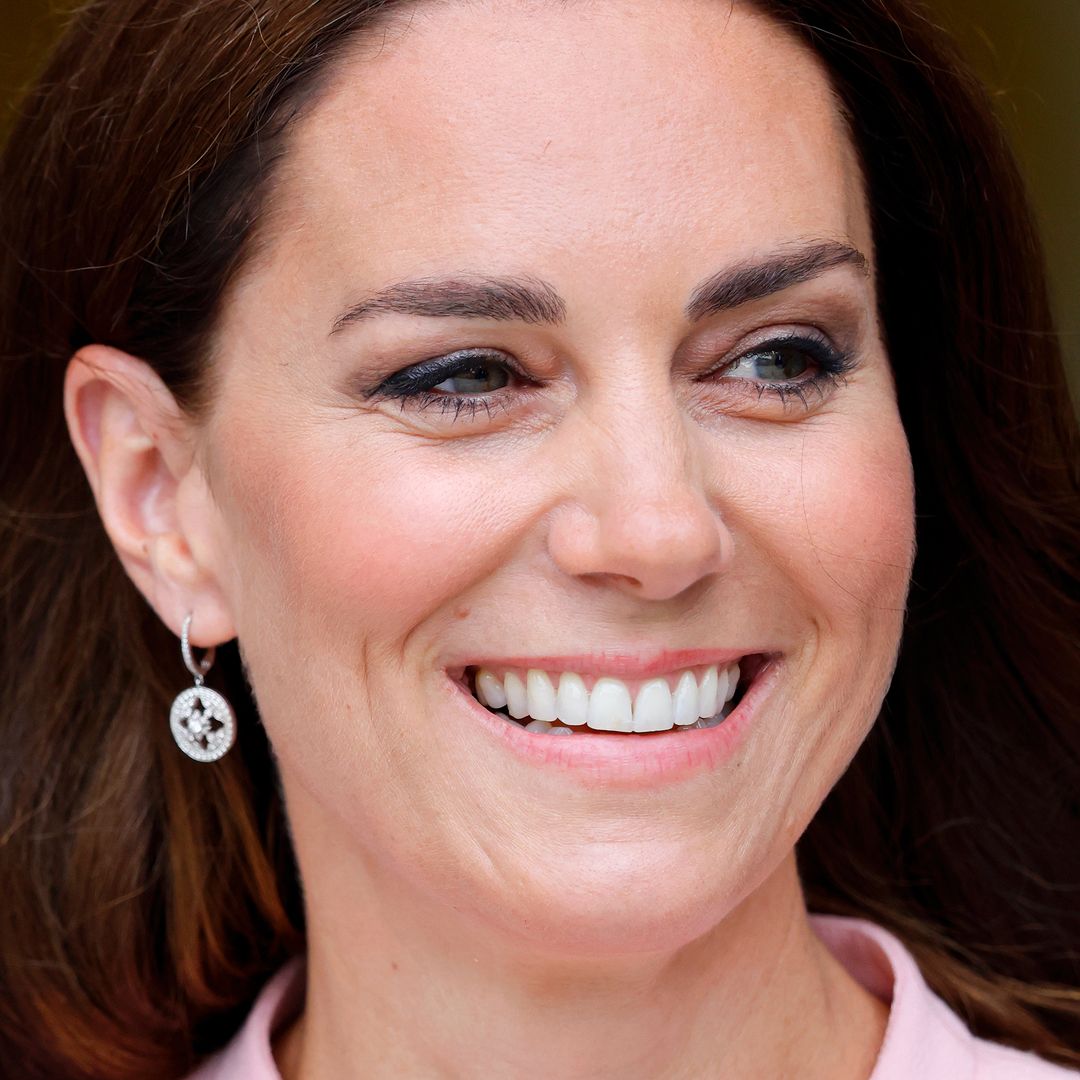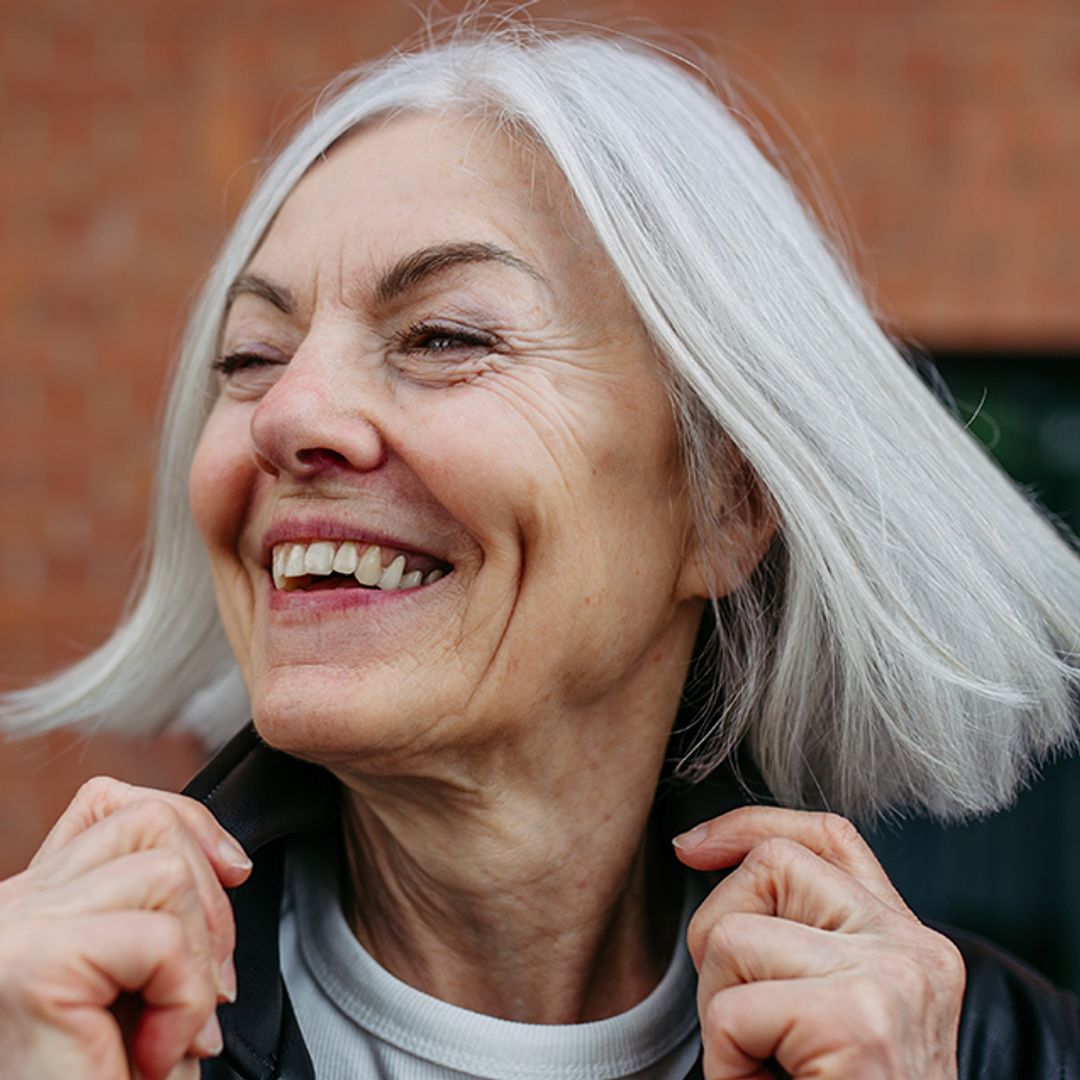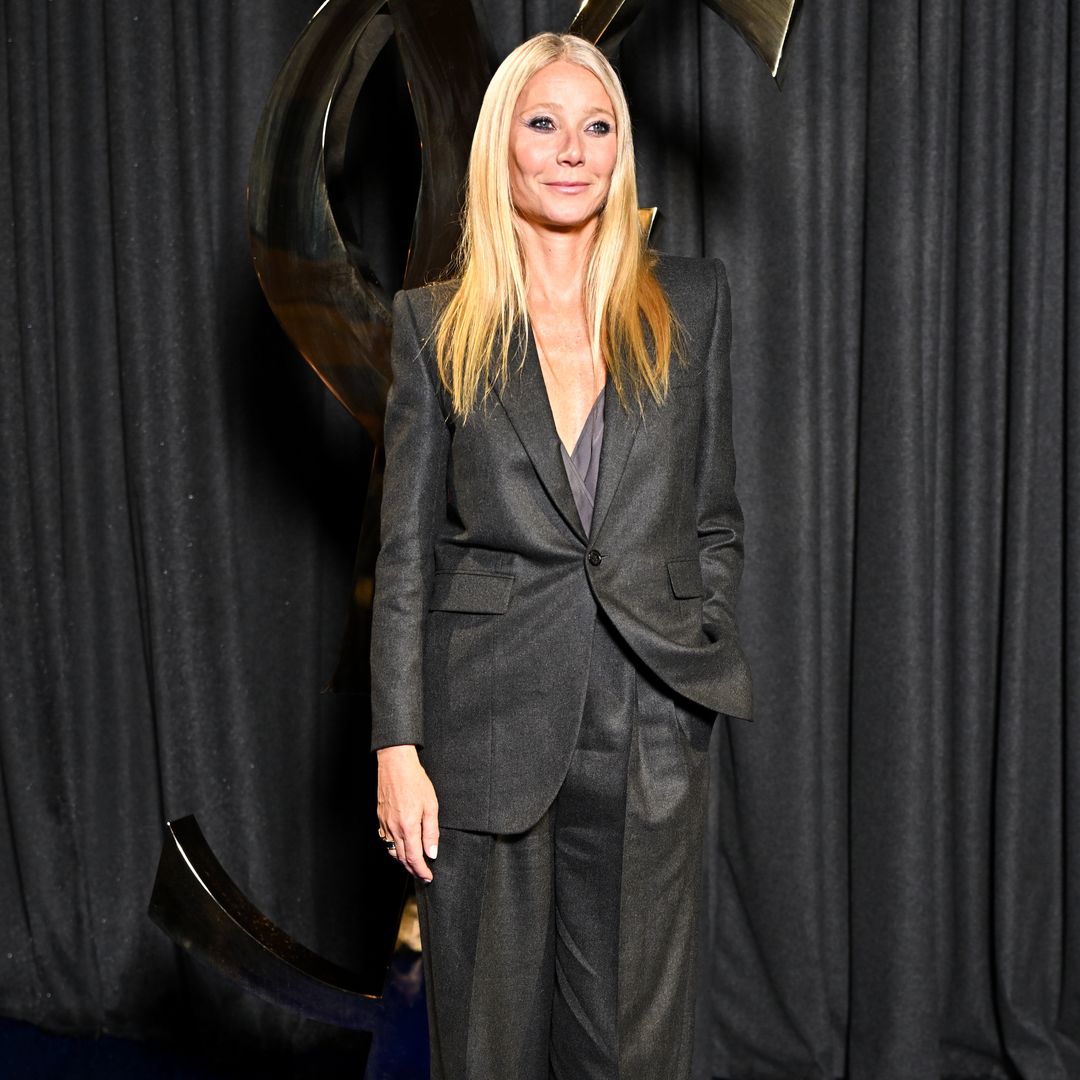If I had a pound for every time I've lied about getting up early, I would be rich beyond my wildest dreams.
Throughout my career, being an early riser was repeatedly framed as the key to success, and so it was a club I wanted to be part of. Or rather, a club I wanted people to think I was part of.
I remember doing an interview for a magazine about my daily routine, and feeling conflicted about whether to lie about the time I set my alarm to wake me up.
I met in the middle and said I woke up at 7am. I absolutely do not wake up at 7am. I chose to lie. The reason for the lie seemed straightforward. Clients, team members and anyone else reading the article needed to think that I was a superpower in the making. That I rose at the crack of dawn to an alarm of applause, with a headset by my bed, ready to hop on a global call.
At that time, I was highly affected by what I thought success was. I assumed that you needed to be more tired than anyone else, but also that you needed to have stacks of energy. That you awoke each morning because the burning power of your ideas was singeing through the pillow. That a morning coffee was slurped as you moved around to dress in the same outfit as the day before, because Steve Jobs did that and he's successful.
I was playing business, and I was influenced entirely by the false narrative to which I had unknowingly subscribed. So there we are: I lied. I regurgitated the lie that had been told to me and kept it rolling to other women. I am sorry.
My actual wakeup time
I wake up at 8am. That is the truth. It is with great pleasure that I tell you that getting up earlier doesn't actually make you more productive. I'd like to formally introduce the 8am club, a club to which I have subscribed for the last five years, and one which makes me entirely more productive.
Waking up early had the following effects on me:
• I worried the night before that I wouldn't get enough sleep.
• I felt like a personal failure when I inevitably hit snooze.
• I lied to people about my routine.
• I felt ashamed for lying (and ashamed that I felt like I needed to lie).
• I craved sugar and caffeine during the day.
• I was exhausted by early afternoon.
• I skipped gym sessions due to fatigue.
• I cancelled plans.
There was literally nothing positive for me in the 5am club, and yet I was willing, at great personal expense, to be part of a routine that didn't work for me, because of the status it offered and the shame I would feel if I wasn't included.
My issue wasn’t that I was trying to get up at 5am; my issue was that I was trying to live by a rhythm that wasn't natural for me.
MORNING ADVICE: How to feel energised in 3 minutes
Now here are the personal effects I’ve experienced as a member of the 8am club:
• I wake up feeling better rested.
• I enjoy a more relaxed morning routine.
• I feel more present for my morning in the office.
• I am more likely to make better decisions relating to sugar, caffeine and food.
• I feel less sluggish after lunch.
• I rarely miss an evening gym session.
• I feel more in control of my energy and routine.
• I feel proud that I am showing up for myself and my rhythm.
There are quite literally thousands of studies and books exploring sleep and how it supercharges all human activity.
But whether it's 8am, 7am or 9am, the only right time to rise is the one that works for you. The main takeaway should be that you need to have restful, balanced sleep – ideally, eight hours' worth (cue eye roll from the parents reading this book). A 2017 Harvard study found that it doesn't matter whether you sleep early and wake up early or vice versa. The most important thing is that you’re consistent about your schedule.
From personal experience, no one thing can unlock transformation on its own, but making small steps that relate to meaningful change sets you off on the path towards a more controlled, balanced approach to your wellbeing. Taking charge of structures that work best for you as you start the day is hugely empowering and leads to long-term success.
Buy Smarter: 10 lessons for a more productive and less-stressed life

